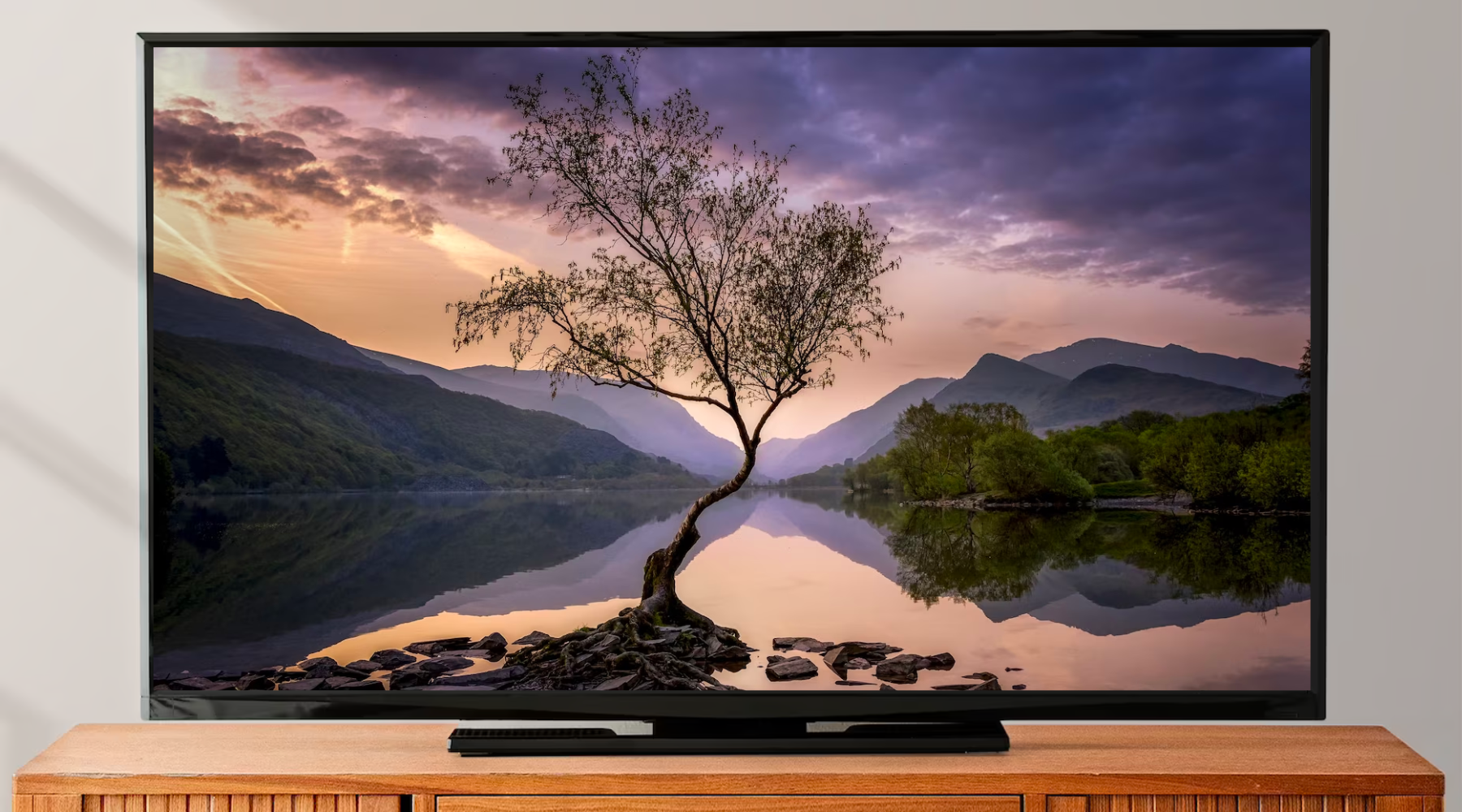Table of Contents
Comparing 4K and 8K: Is It Really Worth It to Upgrade?

4K has been around for a few years now, and 8K is the shiny new kid on the block. But is it worth buying?
While 8K TVs are technically superior to 4K TVs in terms of resolution, 4K may still be the better choice for most Singaporean homes.
What is 4K?
4K and 8K refer to the resolution of a TV, which is the number of pixels that make up the image on the screen.
A 4K TV has a resolution of 3840 x 2160 pixels, which means it has four times as many pixels as a standard 1080p HD TV.
This increase in pixel density results in a sharper and more detailed image, with smoother lines and more vibrant colours.

Learn more about 4K TVs here: The Benefits of 4K TVs: Why You Should Upgrade Your HD TV to 4K
What is 8K?
8K, on the other hand, has twice as many pixels in each direction, with a resolution of 7680 x 4320 pixels. This means it has four times as many pixels as a 4K TV, and 16 times as many pixels as a standard 1080p HD TV.
This higher resolution will inevitably allow for more detail and clarity in the image, with the ability to display fine textures and intricate details that might be lost on a regular HD TV.
However, before you make an impulse buy on 8K TVs, continue reading to know why exactly we recommend getting a 4K TV more.
ResolutionFirst, let's talk about the resolution. As mentioned before, 8K TVs have four times as many pixels as compared to a 4K TV.
While that may sound impressive, the reality is that the human eye can only perceive so much detail at a certain distance.
A high quality 4K TV like the PRISM+ Q55 Ultra or the PRISM+ Q65 Ultra is enough to provide a top notch immersive TV experience for you.
Viewing DistanceIn order to truly appreciate the difference between 4K and 8K, you would need to sit extremely close to your TV.
Most people sit between about 1.8 metres to 2.7 metres from their TV, and at that distance, the difference between 4K and 8K is negligible.
In fact, some experts argue that 8K resolution is completely unnecessary for home viewing, as the improvement in image quality is barely noticeable at typical viewing distances.
Learn more about viewing distances here: Best TV Size for your HDB: 65 Inch or 55 Inch? - Top 5 Factors to Consider
Compatible Content
Another reason why 4K may be the better choice is that there is simply more content available in 4K.
While 8K content is slowly starting to emerge, it's still very limited. Most popular streaming services, such as Netflix and Disney+, offer a large selection of content in 4K, while 8K content is pretty much non-existent.

Even if you do have an 8K TV, you won't be able to take full advantage of it unless you have access to 8K content.
Price
Finally, there's the price to consider. 8K TVs are significantly more expensive than 4K TVs.
A 4K TV is the smart decision to make – it will still provide excellent picture quality at a fraction of the cost of an 8K TV.
PRISM+ has a range of sizes for their 4K TVs, including the most popular 55 inch TV and 65 inch TV variations.
Should I Get a 4K TV or an 8K TV?The newest doesn't necessarily mean the best - at least not for now.
If you're looking for an upgrade, why not enhance your TV-viewing experience with Dolby Atmos hardware like the award-winning PRISM+ Symphony, or the mid-range PRISM+ Ripple.
That said, 8K is here to stay, so it's worth taking a closer look. But you'll need to look very, very closely, as those pixels are tiny.
FAQs
|
Is 8K resolution noticeable on smaller screens? The difference in resolution between 4K and 8K becomes less noticeable on smaller screens or when viewed from typical viewing distances. Larger screens or closer viewing distances are better suited to take advantage of the increased pixel density offered by 8K. Can I watch 4K content on an 8K TV? Yes, you can watch 4K content on an 8K TV. The TV will upscale the content to fit its native 8K resolution. However, keep in mind that upscaling may not provide the same level of quality as native 8K content. How long will it take for 8K content to become widely available? The availability of native 8K content is expected to increase over time as technology advances and content creators adapt to the new standard. However, it may still take a few years before 8K content becomes as widespread as 4K content. Are 4K TVs becoming obsolete? 4K TVs are still highly relevant and offer an excellent viewing experience. While 8K technology is on the rise, 4K content continues to be widely available, and the price of 4K TVs remains more affordable. It will take time for 8K to become the mainstream standard. Can I connect my gaming console or Blu-ray player to an 8K TV? Yes, you can connect your gaming console or Blu-ray player to an 8K TV. Most 8K TVs are backward compatible with lower-resolution content and can upscale it to fit the screen's native resolution. You can enjoy your existing content on an 8K TV without any issues. |


